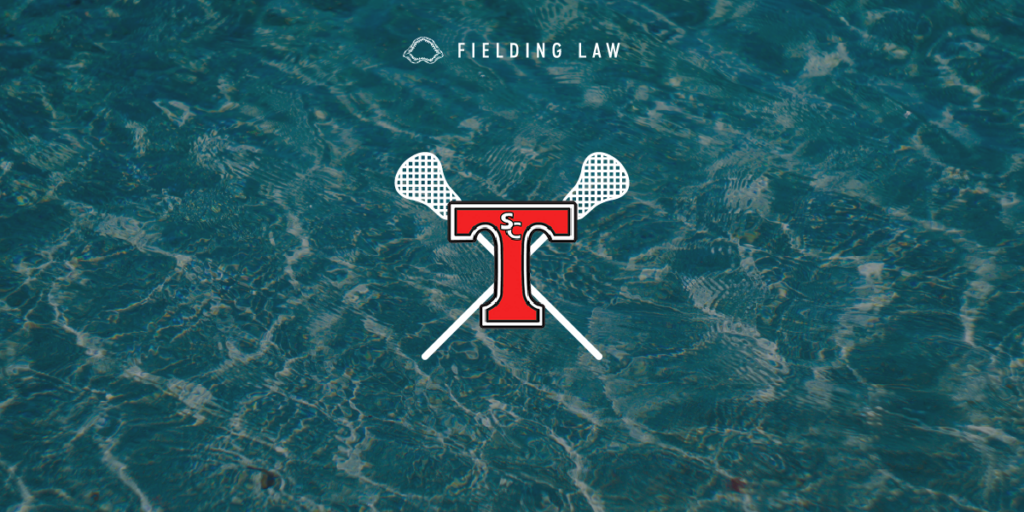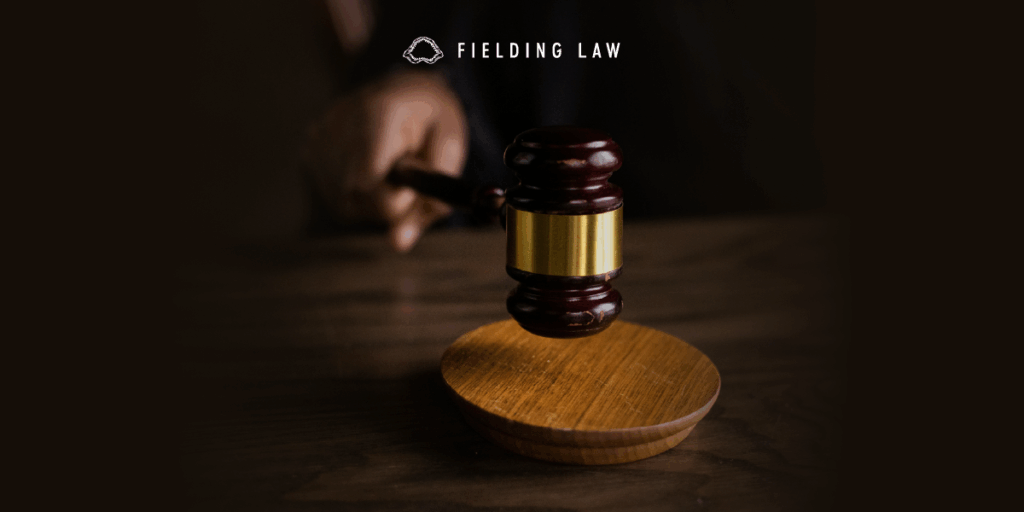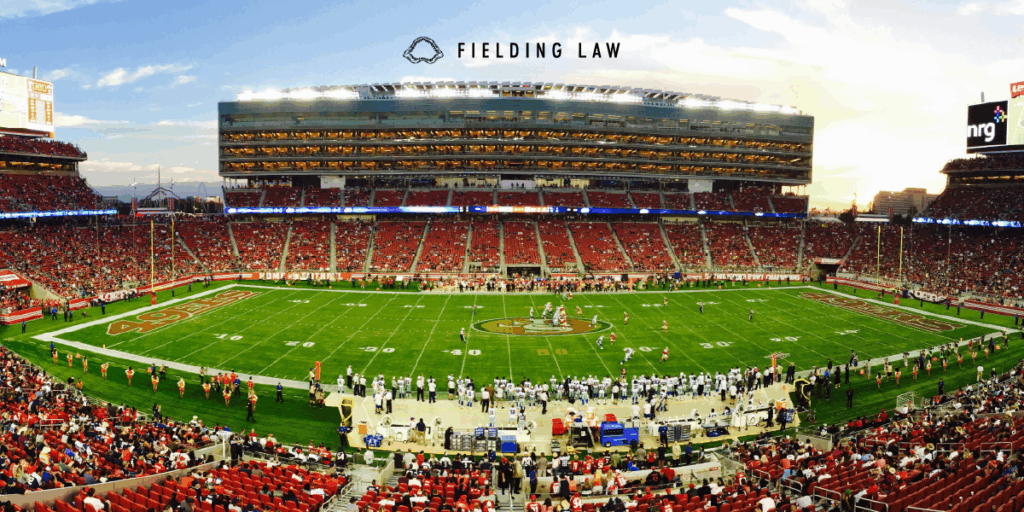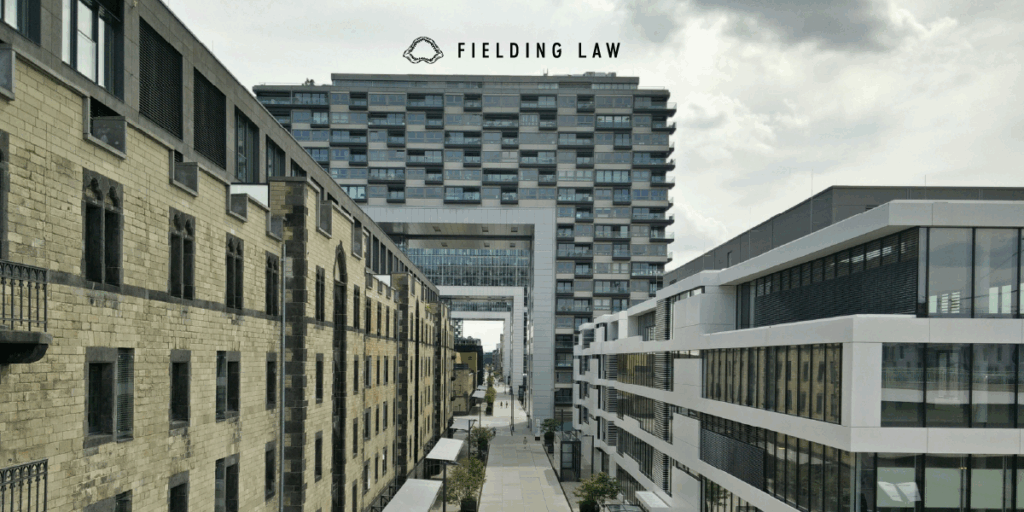
Uneven sidewalks are easy to overlook. However, when a sidewalk crack or height change causes a fall, the injuries can be serious. In Arizona, these incidents raise an important question. Who is financially responsible when a business sidewalk causes harm?
Understanding how Arizona premises liability works can help injured people protect themselves. It can also clarify when a business may be held accountable for unsafe sidewalk conditions.
What Makes a Sidewalk Dangerous?
Sidewalks become hazardous for many reasons. Over time, wear and tear adds up. Weather, tree roots, and poor repairs often create uneven surfaces. As a result, even small defects can create real danger.
Common sidewalk hazards include:
-
Cracked or lifted concrete
-
Sudden changes in height
-
Loose paving stones
-
Poor lighting that hides defects
Although these issues may seem minor, they frequently lead to serious falls. Therefore, Arizona law expects businesses to take reasonable steps to keep walkways safe.
Who Is Responsible for Sidewalk Injuries in Arizona?
Responsibility often depends on ownership and control. In many situations, Arizona businesses are responsible for sidewalks directly in front of their property.
If a business owns, leases, or maintains the sidewalk, it may be liable when unsafe conditions cause injury. This is especially true when the business knew or should have known about the hazard.
Liability may involve:
-
Property owners
-
Commercial tenants
-
Maintenance companies
-
In limited cases, local governments
Because every case is different, determining responsibility requires a careful review of the facts.
When Can a Business Be Held Liable?
Arizona premises liability law focuses on reasonableness. Businesses must inspect their property and address known dangers. When repairs cannot happen immediately, they should warn pedestrians.
A business may be liable if:
-
Visible sidewalk damage was ignored
-
Repairs were delayed without reason
-
No warning signs or barriers were provided
-
The hazard existed long enough to be discovered
An Arizona uneven sidewalk injury lawyer can help determine whether a business failed to meet these legal duties.
What If the City Owns the Sidewalk?
Some sidewalks are owned by cities or municipalities. These cases can be more complex. Government claims involve different procedures and strict deadlines.
However, a business may still share responsibility if it contributed to the unsafe condition. Because of this, a thorough investigation matters.
Injuries Caused by Uneven Sidewalks
Falls on uneven sidewalks often cause more than minor injuries. Many people face long recoveries and ongoing pain.
Common injuries include:
-
Broken wrists or ankles
-
Knee and shoulder injuries
Medical bills, lost income, and daily limitations often follow. Consequently, these injuries can affect every part of a person’s life.
Why Hire Fielding Law
At Fielding Law, we represent injured people, not insurance companies. We understand how overwhelming a sidewalk injury can feel, especially when a business avoids responsibility.
Our team investigates uneven sidewalk cases carefully. We review ownership records, maintenance history, and notice of the hazard. Most importantly, we treat every client with care, respect, and clear communication.
If an uneven sidewalk caused your injury, an Arizona uneven sidewalk injury lawyer can help you understand your options. Fielding Law is here to help you move forward with confidence.
If you have questions about a sidewalk injury, contact Fielding Law or call 833.88.SHARK.
Note: Information provided is for educational purposes and does not constitute legal advice. Always consult with a qualified attorney for legal concerns.



 Why Clients Feel This Way About Clark
Why Clients Feel This Way About Clark





